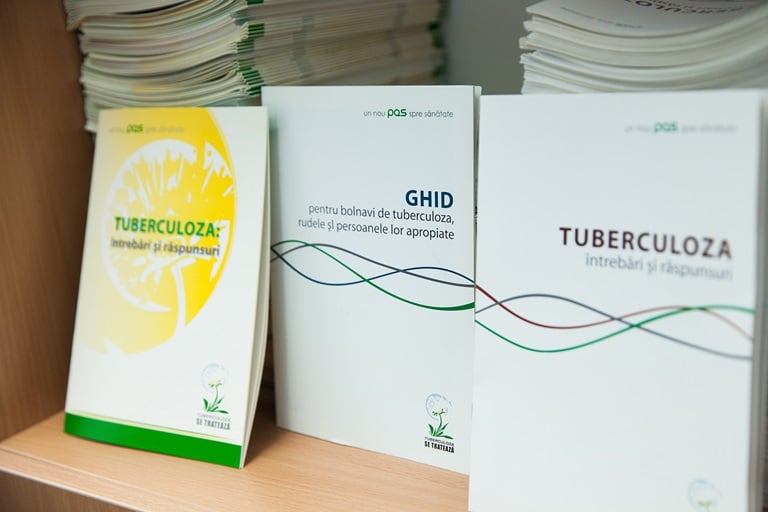Health emergency response to the crisis in the Syrian Arab Republic Annual Report 2018 (2019)
.tmb-479v.png?sfvrsn=cc34b62e_1)
Overview
The continuing conflict in the Syrian Arab Republic has affected millions of lives, causing one of the world’s largest and most dynamic displacement crises. During 2018, WHO’s operations in Turkey comprised of a cross-border response from the field office in Gaziantep and a health response to refugees in Turkey, coordinated from the WHO Country Office in Ankara. In north-west Syria, WHO served over three million people by responding to urgent health needs and supporting health facilities in the delivery of health services. This included interventions such as the delivery of vital medicines and medical supplies, support with operational costs of health facilities and capacity-building of health staff. In Turkey, efforts were made to strengthen the national health system through integrating Syrian health care workers and translators, to build capacity for mental health care, to provide linguistic and culturally sensitive health services and to support home care for older and disabled refugees.






